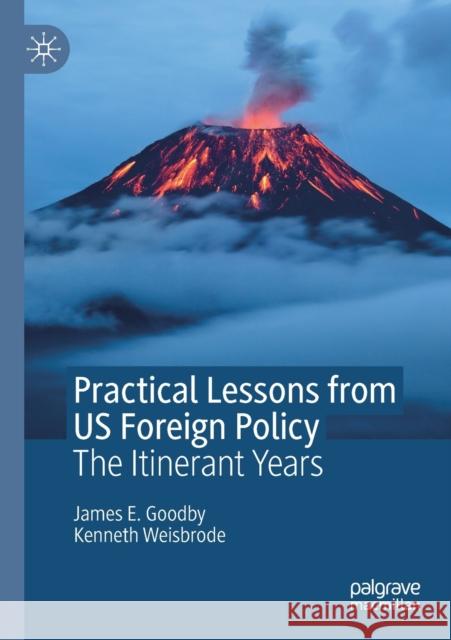Practical Lessons from Us Foreign Policy: The Itinerant Years » książka
topmenu
Practical Lessons from Us Foreign Policy: The Itinerant Years
ISBN-13: 9783030273149 / Angielski / Miękka / 2020 / 231 str.
Practical Lessons from Us Foreign Policy: The Itinerant Years
ISBN-13: 9783030273149 / Angielski / Miękka / 2020 / 231 str.
cena 301,89
(netto: 287,51 VAT: 5%)
Najniższa cena z 30 dni: 289,13
(netto: 287,51 VAT: 5%)
Najniższa cena z 30 dni: 289,13
Termin realizacji zamówienia:
ok. 16-18 dni roboczych.
ok. 16-18 dni roboczych.
Darmowa dostawa!
Kategorie BISAC:
Wydawca:
Palgrave MacMillan
Język:
Angielski
ISBN-13:
9783030273149
Rok wydania:
2020
Wydanie:
2020
Ilość stron:
231
Waga:
0.32 kg
Wymiary:
21.01 x 14.81 x 1.42
Oprawa:
Miękka
Wolumenów:
01
Dodatkowe informacje:
Wydanie ilustrowane











